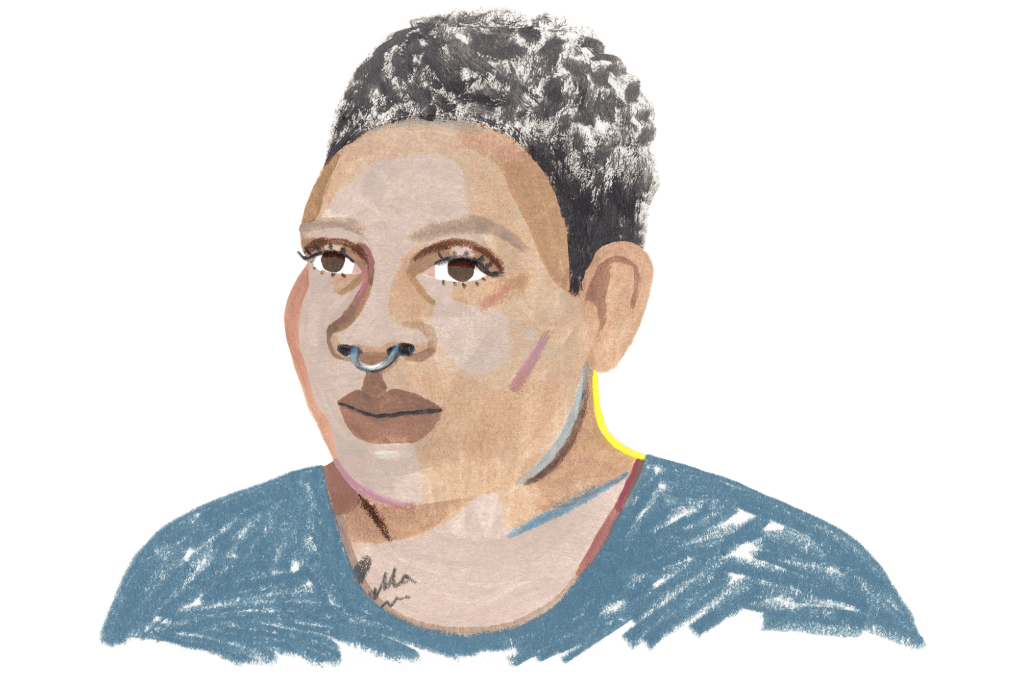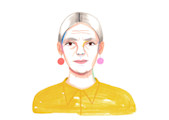I remember when the email hit my inbox from the chief of staff at the environmental non-profit where I was working. The subject line: “Initial Response to Coronavirus.” We were being sent home (finally) as the terrifying reality of a catastrophic pandemic was setting in around us.
I unplugged my laptop, shoved it and a few papers into my bag, and hightailed it out of the building to my car. It was March 12th, 2020, and I had a gut feeling I wouldn’t be back in office for a while.
I was right.
Commuting and in-person meetings came to a screeching halt for many of us, while for others, masking up and working overtime ramped up. Childcare and school stopped, businesses closed, grocery shopping would never be the same again, and millions of people faced job loss, displacement, and lack of access to basic healthcare while a pandemic swept our nation at a devastating and unprecedented pace, taking millions of lives with it.
I had been considering taking a leave of absence when the pandemic sent me home instead.
But for me, a healthy, able-bodied, single, childless, fully employed telecommuter, life was actually pure bliss for a few months.
I had been on the edge of an emotional breakdown in both my personal and my work life when COVID-19 hit, coming out of a breakup with a long-distance partner, missing my family that lived in another state, and feeling the sheer burnout of the nonprofit world.
I had been considering taking a leave of absence when the pandemic sent me home instead. I spent the next weeks emotionally and psychologically detoxing from the office culture, dysfunctional communication, and long workdays that forced me to neglect my own needs. I was excited to update my therapist on all the clarity and healing I was finding while being home.

Wait, did I even need therapy anymore?
My in-person sessions had been so rich and such a big part of my life over the past several years, how could that same feeling carry over into a telehealth appointment on a screen? And with the pace of my life slowing down immensely, would my problems slow down too?
I wondered what I’d have to talk about at my sessions and if it would even be worth doing them virtually. Working from home was allowing me to self-regulate and create more balance emotionally and physically. No more dead behind the eyes 8:00 AM commuting, no more crying in the bathroom at the office over the ups and downs of my romantic life.
I decided that even though I was finding much of what I needed during a shelter-in-place order (rest, solitude, catharsis), I still needed to check in with my therapist. Sure, things felt good those first few weeks, but I knew it would get hard again. And it did.
I wondered what I’d have to talk about at my sessions and if it would even be worth doing them virtually.
Our teletherapy sessions began, and we adjusted to seeing each other's faces on a screen, and learned quickly which places in our homes had the worst internet connections. We were able to see more clearly my mental upswings and downswings, without having the noise of the day-to-day take up so much of our hour together.
When the Black Lives Matter uprising happened, she helped me process social issues, racial trauma, and the collective pain and hopelessness so many were feeling.
I was able to do a video therapy session from my childhood home after moving my mother cross country from New York to California, a heartbreaking relocation caused by the pandemic.

We even did a phone session from the side of the road on my way to see my father, strategizing on how to have an open heart conversation with him about my deep desire to stop compartmentalizing my problems around him and be truly myself.
Continuing therapy during an isolating and stressful pandemic was a bright spot during some of the more challenging weeks (middle of the night anxiety attacks about contracting COVID-19), and an affirming experience during the easier weeks (reconnecting with and making peace with estranged cousins over group text and the Houseparty app).
A July 2020 poll by the Kaiser Family Foundation showed that 53% of adults in the U.S. reported that their mental health had been negatively impacted due to worry and stress over the coronavirus. This was a jump from the 32% it was at in March 2019.
People haven’t just been worried about contracting the virus, they’ve potentially worried about who’s been contracting it. Factor in isolation, strained new family dynamics at home and in relationships, and psychological grief as life as we know it continues to change week after week.

So, while you may feel that this time away from many daily stressors, consider the new stressors this crisis has brought you—whether it’s at-home parenting, job loss, pandemic anxiety, or just the fact that you miss hugging and being hugged.
Continuing therapy during this time could not only provide respite from our current reality and help you navigate through these new challenges and fears, but it could also arm you to be better prepared to tackle your more mundane concerns once life starts looking more “normal.”
Take it from me: There are many good reasons to call up your therapist and get back on their books.








